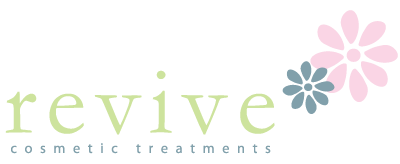Acupuncture is one of the most popular and well-established forms of complementary medicine in the UK. It is a branch of Traditional Chinese Medicine (TCM) that's been practised for thousands of years
What does it involve?
The insertion of very fine, metal needles at various carefully chosen points on the skin.
What's it used for?
It's commonly used to treat pain and promote general health.
What's the evidence?
There is a growing body of research evidence on the effectiveness of acupuncture, especially to treat nausea (particularly postoperative). There is also some evidence that it may help other conditions, including headaches, hay fever, osteoarthritis, neck pain and labour pain.
How does it work?
Acupuncturists believe it regulates the flow of "vital energy", known as "Qi" (pronounced "chee"), that circulates through a series of invisible channels in the body, known as meridians. Stimulating the acupuncture points is thought to release blockages in this energy flow and promote healing mechanisms. More conventional theories include triggering the production of "feel-good" chemicals in the brain known as endorphins, blocking pain receptors or stimulating the nervous system by means of acupuncture needles.
What's acupuncture like?
Small, fine acupuncture needles will be inserted, either by hand or through a guide tube, at different points on your body, often on the wrists, ankles and feet, back and abdomen. As the needles are inserted, you shouldn't feel anything apart from a mild sensation or slight soreness. It shouldn't be painful. I may use just a few or quite a number of needles and they can be of different lengths and thicknesses depending on the part of your body being treated.
Safety
I use only sterilised, disposable needles so there's no risk of infection and insert them carefully and correctly to prevent any injury.
Time taken
Treatment usually lasts for between 10 and 20 minutes. You may be treated first on one side of the body, say the back, and then be asked to turn over for treatment on the other side.
Are there any side-effects?
Common, mild side-effects are slight drowsiness after treatment, or mild soreness around some of the points that have been treated. Occasional side-effects are mild bruising or very slight bleeding at one or more points if needles have been inserted near tiny blood vessels. Severe side-effects are extremely rare but include damage to internal organs, such as a lung being punctured.
How many treatments will I need?
You may get benefits after just one treatment, but often a course of six treatments is recommended, especially for chronic problems. Treatments are often once a week to begin with and then spread over increasing intervals of time.
When is it unsafe to have acupuncture?
Some acupuncture points are not safe during pregnancy, so always tell me if you are, or may be, pregnant. Also tell me if you are on any medication in case of interactions or side-effects. Don't have acupuncture when under the influence of alcohol or recreational drugs.
How much will it cost?
Private treatment usually costs £40 per session. If you have private health insurance then acupuncture treatment may be covered - check with your provider.

